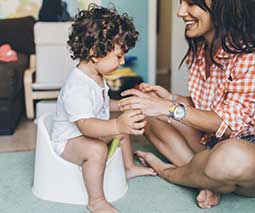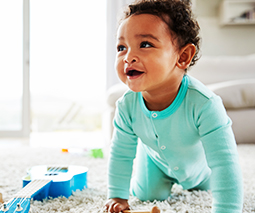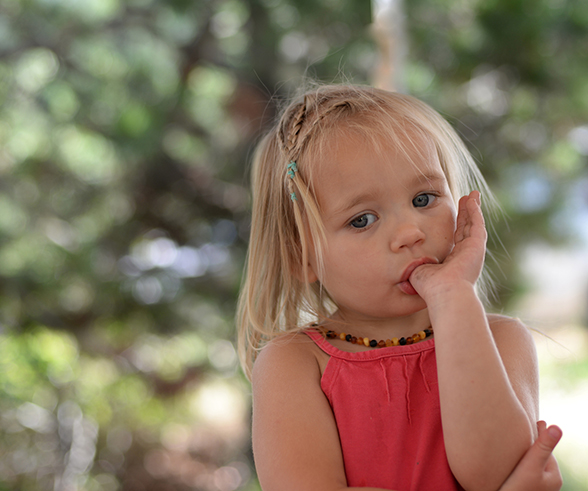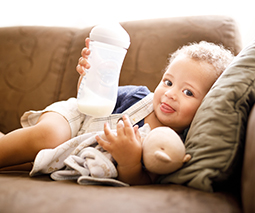Why toddlers say “no!” so much – and why it can be a very GOOD thing
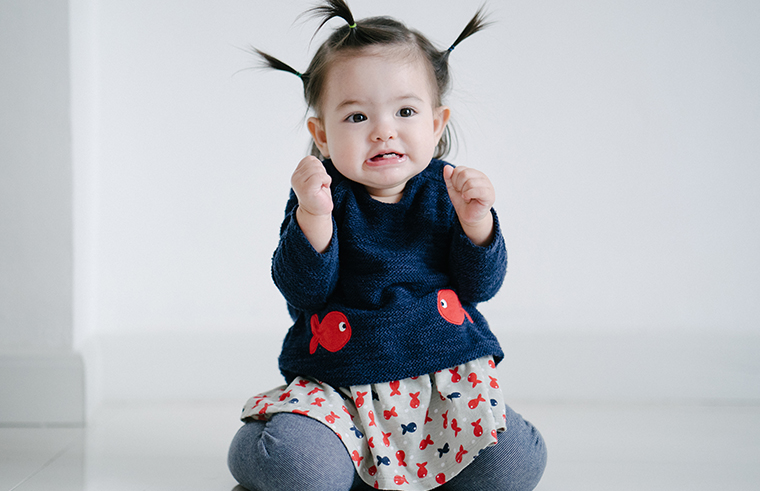
While it can feel incredibly tiresome when little ones start busting out that powerful two-lettered word, the experts tell us that this turn of events is actually a huge positive – as negative as it may seem at first.
Uh-oh, here comes “no!”
The onset of “NO!” signals a child’s first efforts to see themselves as separate from others and examine the world around them more closely.
Physician Rene Spitz has done lots of research into children and language. He says that while the word “no” can seem defiant, it’s actually an extremely important part of the toddler’s growth and development.
“No” shows that a child is starting to see the world more clearly with concepts like – yes, no or I am, I am not or you are, you are not or good and bad – beginning to influence their perspective.
They’re recognising that they have the ability to be independent of their parent or carer – and are starting to assert that independence in small but (very!) vocal ways.
Why “no”?
Of course this word is an incredibly powerful one for obvious reasons, but it’s also got some vital hidden powers for toddlers.
Saying “no” is a shorthand way of letting others know that they have their own needs and ideas.
When their vocabulary is still very limited, and they can’t always communicate what they want, the word “no” alerts parents to the fact that their child is not okay with what’s going on … but there might be an alternative or slight tweak that does suit them. It’s just that they’re unsure of how to put words to that alternative.
If parents or carers understand the shorthand nature of the word “no” for toddlers, rather than assuming their child is being a pesky little mite, then they’ll go a long way to both avoiding tantrums and building a stronger bond with their child.
The gift of “no”
While a toddler’s “no” might not always be practical, it’s a clue that they are engaged with the situation they find themselves in, and might want to talk about it a little more.
If your toddler responds with a defiant-seeming “no”, it’s a good idea to assess the situation and consider what they might really be feeling.
What’s behind the “no”? Are there other alternatives? Are they hungry or uncomfortable or tired or frightened?
It’s a lot like the emotion coaching response that parenting educator Maggie Dent recommends when children are having tantrums.
The word “no” is a bit of a gift really. A clue that your child wants to communicate bigger or more complicated needs and feelings – if you are able to be open to nutting out what those might be – and is giving you a chance to help them process what’s going on.
Read more stories like this:
